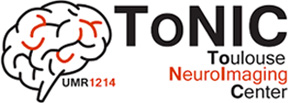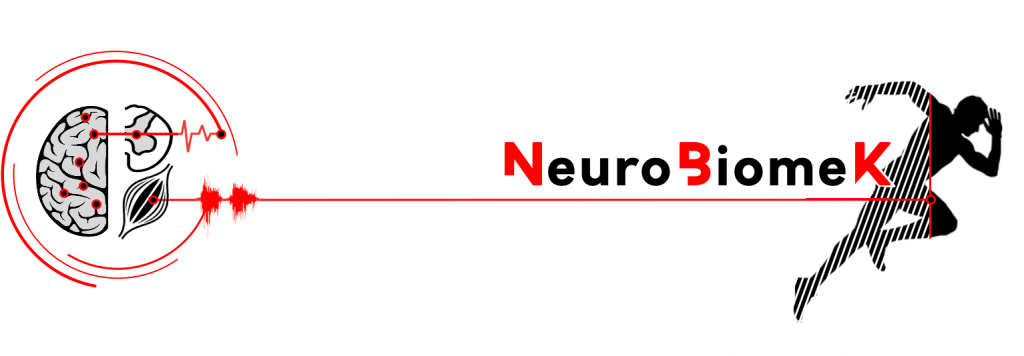Recherche translationnelle en santé,
technologie pour la santé et recherche clinique

Axis 3 : Neurobiomechanics / Topic 4
Nervous mechanisms involved in the emotional flexibility of motor control
The main objective of this work is to understand how emotions are able to modulate the way in which the central nervous system controls voluntary or involuntary movements. In other words, it is about studying how muscle activations are controlled by the central nervous system depending on the emotional context for the same complex motor task.
Our goal is to combine electroencephalographic, electromyographic and kinematic recordings in order to deepen the understanding of the modulation strategies of motor control according to the emotional context. It will also involve imaging techniques (MRI) and transcranial magnetic stimulation (TMS) or peripheral nerve to study the nervous processes responsible for emotional flexibility in motor behavior.

Through an original multidisciplinary approach combining neuroscience, biomechanics and cognitive psychology, we thus propose to address the relative involvement of central mechanisms in the facilitation or alteration of human movement depending on the emotional context. This work will contribute to a wide range of applications within rehabilitation programs for stroke patients, for the elderly, but also within training protocols for soldiers operating in hostile environments.
Current project
Effects of combined emotional mental imaging and breathing protocols on potential performence of responders in hostile situations: behavioural studies and brain correlates in fMRI. – PhDstudent : Jean-Philippe BIECHY, Director : David AMARANTINI, Co-director : Lilian FAUTRELLE.




